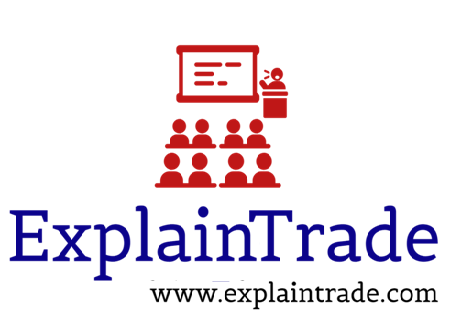Objections to the UK's WTO Schedule: What do they mean?
On July 24, the UK circulated its draft WTO Goods Schedule. Some countries have raised objections to what's in it, which means the schedule can't yet be certified by the WTO.
I explain why they're objecting and why it won't have all that much impact on your life one way or the other.
You can read the thread itself, or the slightly longer explanation of what's going on below.
What you need to know:
Some WTO Members have objected to the UK's draft version of its tariff commitments. This doesn't mean the UK can't trade, doesn't mean the UK isn't a WTO Member, and likely won't impact your life. It could make negotiating FTAs a little bit more difficult, but not fatally so. It has nothing to do with the 'WTO Option'.
What's going on?
The United Kingdom circulated a draft of its Goods Schedule to WTO Members. This is a document containing a list of all the UK's commitments on tariffs. Basically, the maximum import tax the UK will be allowed to charge without breaking WTO Rules.
Why did this need to happen?
The United Kingdom is an independent Member of the WTO. However, because it's a customs union, the entirety of the European Union has been operating using a single consolidated schedule rather than 28 individual ones.
Once the UK leaves the European Union, it needs its own schedule.
Alright, so what has the UK done?
In almost all cases, the UK simply took the tariffs in the EU's schedule and copy pasted it across with 'United Kingdom' at the top. In fact, it did not change the actual maximum tariff level on any lines (product types).
The UK circulated this to Members as its own new schedule and asked the WTO to certify the document as a fair representation of the UK's independent WTO commitments on tariffs.
So why are countries objecting?
It's complicated. In addition to simple percentage tariffs, the EU schedule contained quotas.
Quotas work like a little like this (fake example):
- The first 30,000 tonnes of widgets to enter my market are charged a 5% tariff
- Any widgets beyond that get charged a 400% tariff
Quotas allow governments to strictly limit how much competition their domestic industries face from foreign firms, while still letting in some foreign goods at affordable prices.
In their new schedules, the UK and EU split these quotas based on where goods have been going in recent history. So for example, if 2/3rds of widgets entering the EU ended up in the UK, the UK would take on a quote of 20,000 tonnes and the EU 10,000.
That sounds reasonable, what's the concern?
A key principle of the WTO is that you have to consult, and potentially compensate, other WTO Members when you 'withdraw a concession'.
Some Members argue this splitting of quotas constitutes a withdrawal of concession. If previously they had the freedom every year to send 30,000 tonnes of widgets to wherever in the EU the prices were best, now they have to follow past trends.
In our example above, if there was a giant surge of demand for widgets in the Netherlands and the entire UK turned off widgets, New Zealand's widget exports could still only sell 10,000 widgets even though the Netherlands wants 30,000 and the UK wants 0.
Can these Members really block certification over that?
Yes. The WTO Director-General will only certify a schedule when there are no objections. Even a single objection is enough to prevent certification.
Oh no, what does that mean?
Not a lot.
The UK can trade just fine on an uncertified schedule. Having an uncertified schedule just means at least one WTO Member doesn't think that schedule is an accurate representation of your commitments. At worst could signal objective Members plan to take a dispute against you in the WTO some time in the future, but even that is hardly fatal.
Does it mean the UK can't negotiate Free Trade Agreements (FTA)?
No.
While having an uncertified schedule makes things a little bit more uncertain, it's unlikely to prevent the UK from entering into FTA negotiations.
For those countries objecting to the UK's schedule, an FTA could even offer a way to resolve the issue.
What does this schedule stuff mean for the 'WTO Option?'
Apart from both having 'WTO' in their name, the two are completely unrelated.
The so-called 'WTO Option' refers to the United Kingdom leaving the European Union without anything to replace all the legal frameworks and treaties which currently streamline trade relations within the bloc.
It's called the 'WTO Option' because it means trade relations with the EU falling back to just the baseline WTO Rules.
The certification (or not) of the UK's WTO schedule won't impact this. In fact, as described above, it impacts almost nothing.
